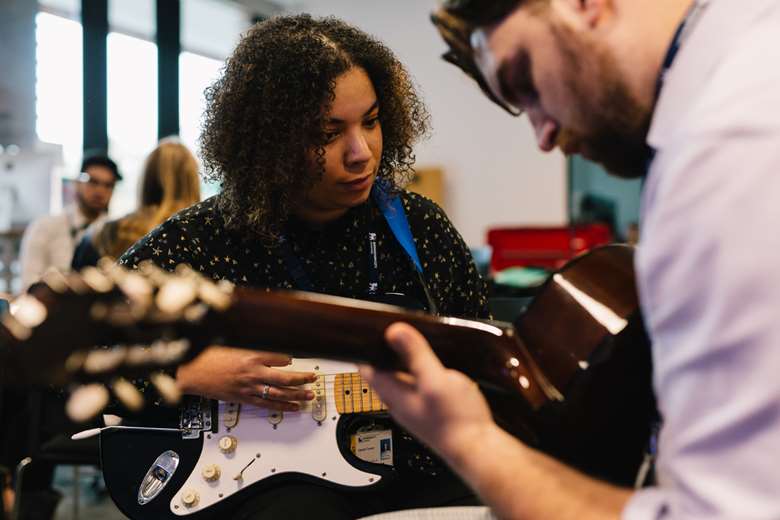A-level music could disappear from state schools by 2033, new research suggests
Lucy Thraves
Monday, August 9, 2021
Cuts to local and central government funding is widening the gap between the provision of state and private music education

New research, undertaken by Dr Adam Whittaker and Professor Martin Fautley at Birmingham City University, has found that the state music education system is suffering hugely as a result of cuts to funding over recent years.
The findings have stoked fears of a future ‘talent pipeline’ shortage, damaging the prospects of future artists and musicians from the UK, and have prompted calls for an urgent intervention and package of policy and funding measures.
In the Midlands, the proportion of students taking music education has dropped to 1%.
The report also showed that independent schools account for a disproportionately high number of A-level music entries when compared to national entry statistics.
Dr Adam Whittaker, head of pedagogy at Royal Birmingham Conservatoire, part of Birmingham City University, said: 'We know from trends in A-level uptake over the last few years that the number of pupils taking A-level music has fallen to a very concerning level.
'We are now in a position where there are parts of the country with very limited access to A-level music or, in some cases, no access at all.
'Children can't choose a qualification that isn't offered to them. What is the child who wants to take A-level music to do if the nearest school offering it is 30 miles away? We need A-level music, and other specialist subjects, to be offered in a range of schools right across a local authority area. This is important as A-level music can support young musicians to pursue music in higher education and their future careers, including as the next generation of music educators.'
In their latest paper, available here, Dr Whittaker and Professor Fautley suggest, ‘Those who lack the means to support private instrumental study are unlikely to have sufficient income to pay for independent school fees, even if a bursary supports them to a greater or lesser extent … the current rates of decline in entries in recent years shows A-level music is likely to have zero entries by 2033 if the current rate of decline continues in a linear manner.’
The findings are drawn from data for music education in the Midlands from an Education Policy Institute report on disadvantage attainment gaps in education, published in March 2021. This built on their earlier work for a 2019 study, commissioned by the Royal College of Music and the Royal Academy of Music, which discovered young people are less likely to take an A-level qualification in music if they come from deprived areas.
UK Music chief executive Jamie Njoku-Goodwin said: 'There has been a worrying decline in the number of young people studying music at A-level in recent years. Unless action is taken to reverse that trend, there is a real risk of serious damage to the talent pipeline on which the music industry relies.
'Music education enriches the lives of countless children and young people, but it also brings huge cultural, economic and social benefits to the UK.
'At UK Music, we are continuing to talk to the government and education leaders about how we can ensure that children from every background get the best possible chance to study music which is one of our great national assets.'
The full report is available to read here.